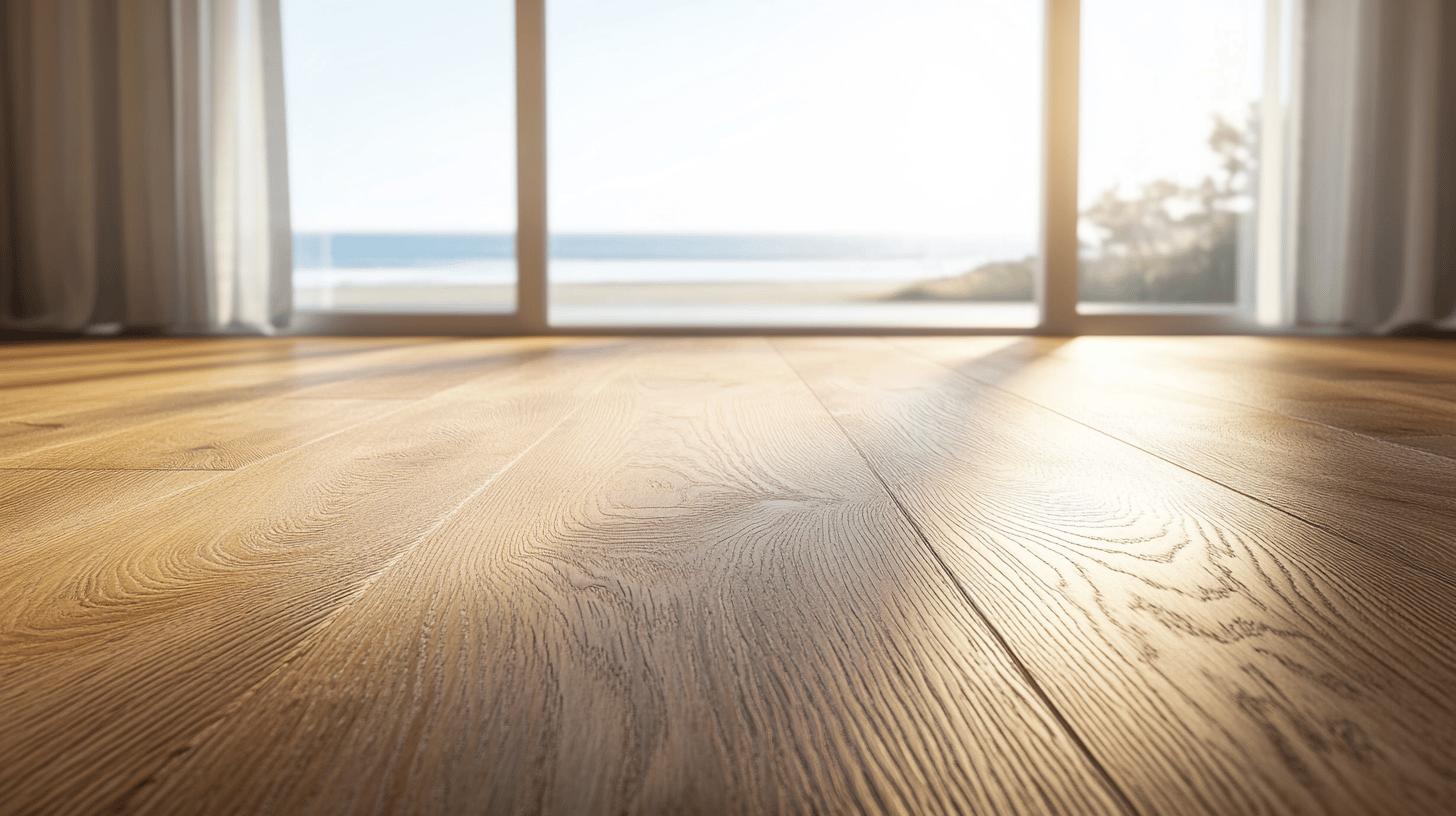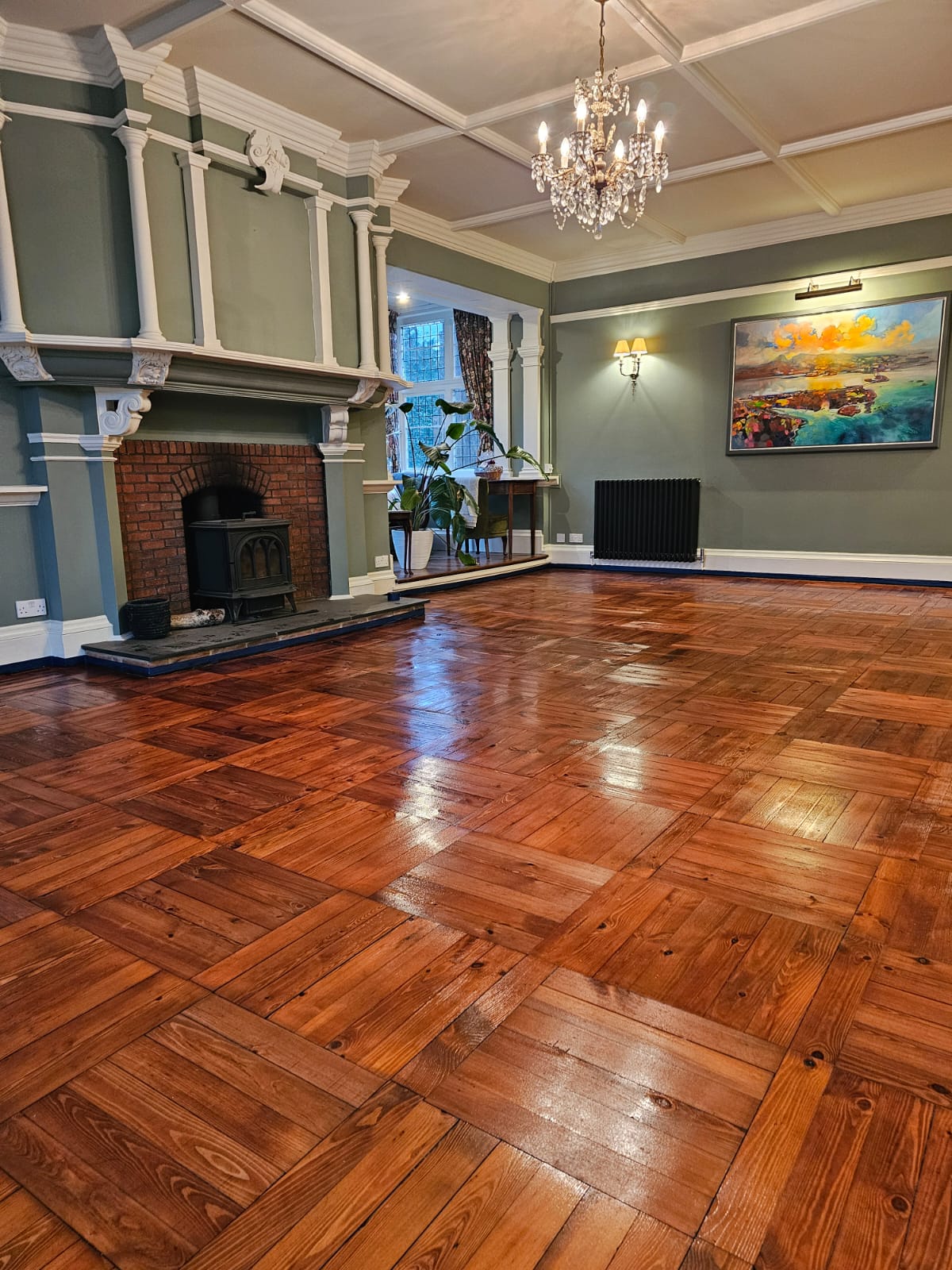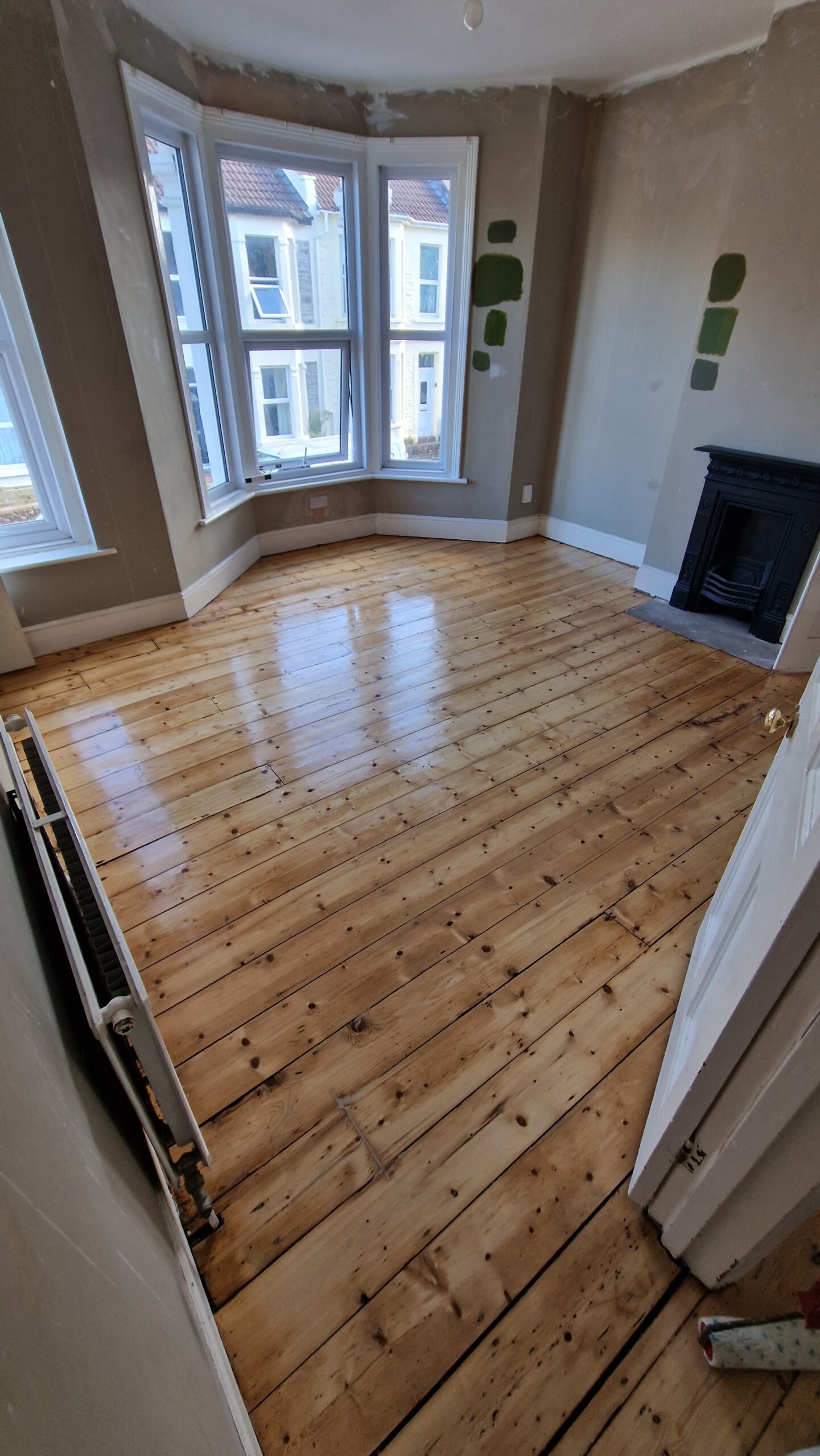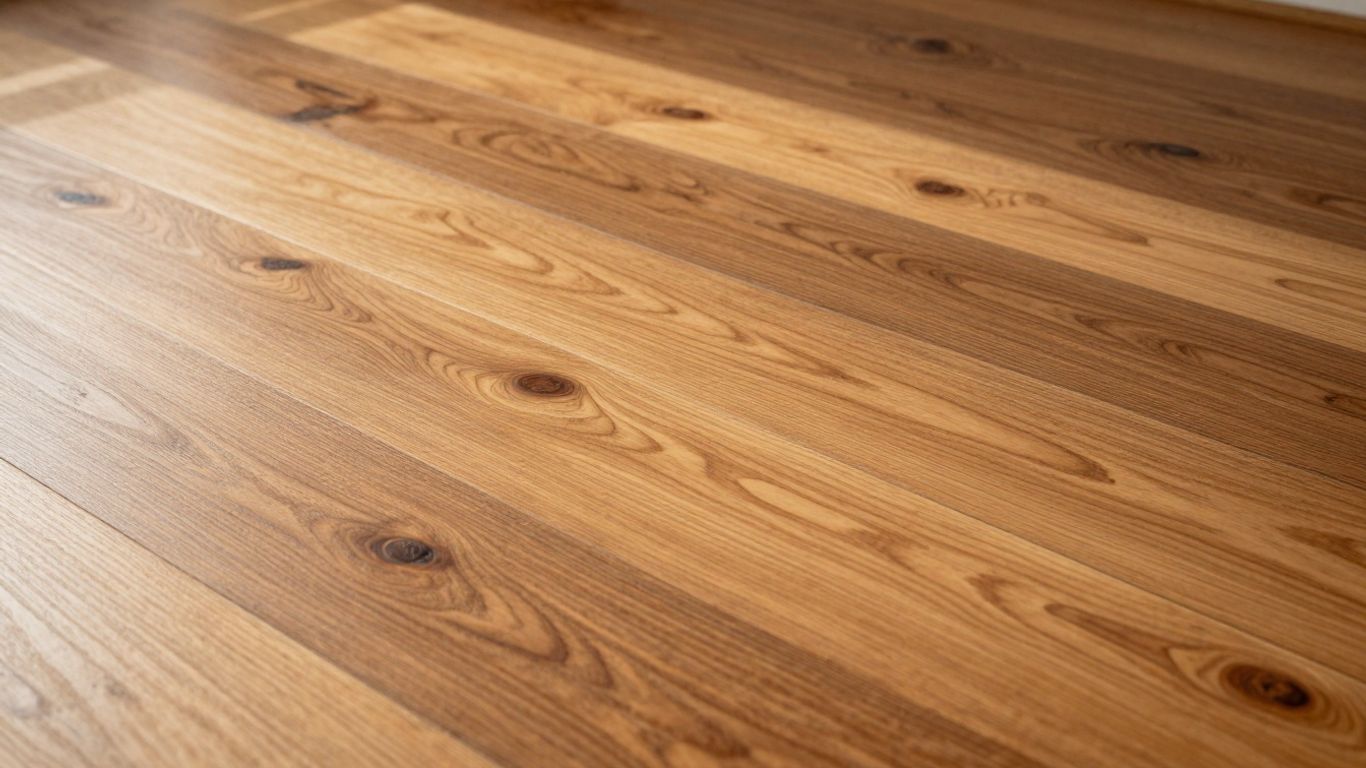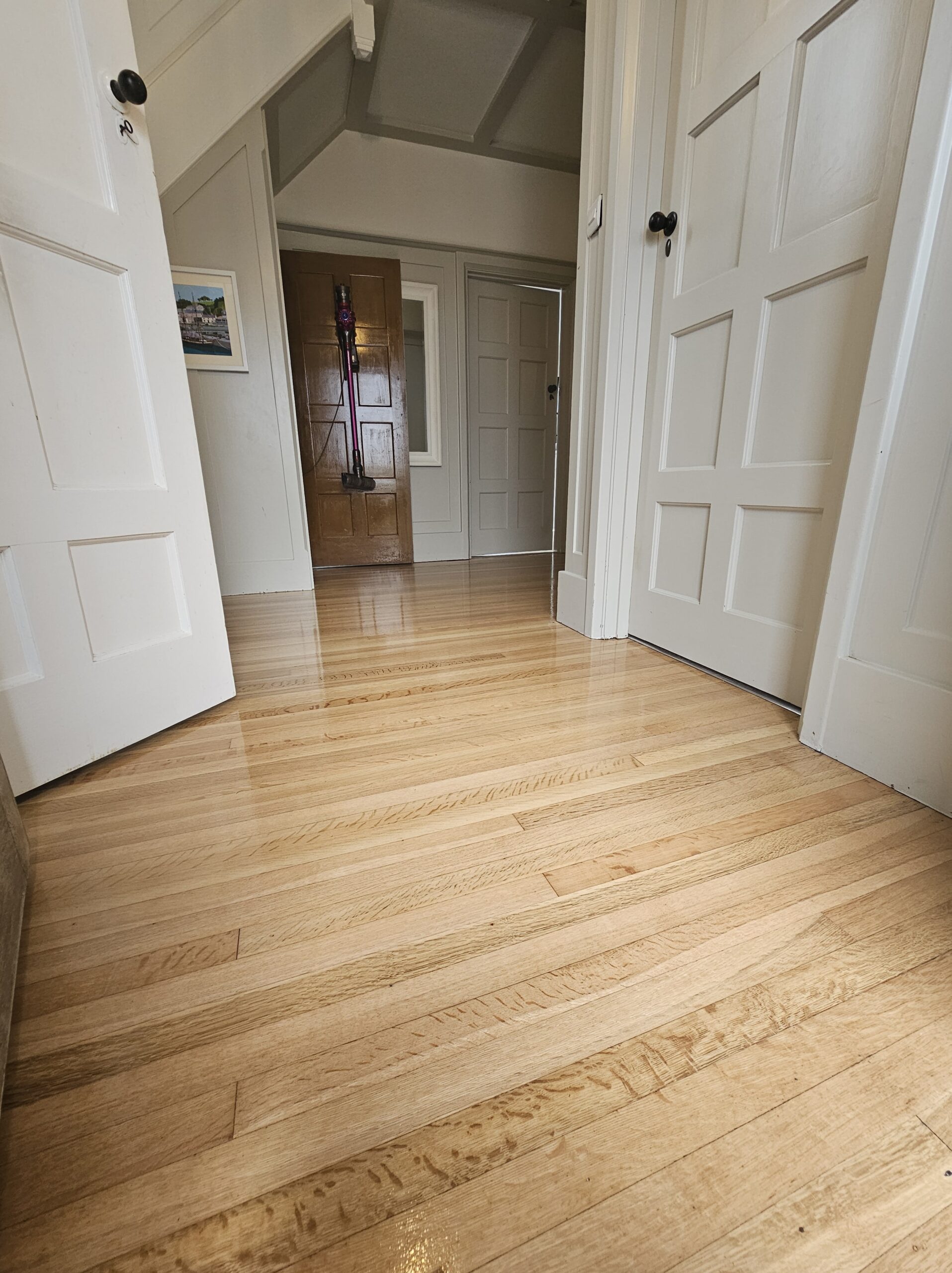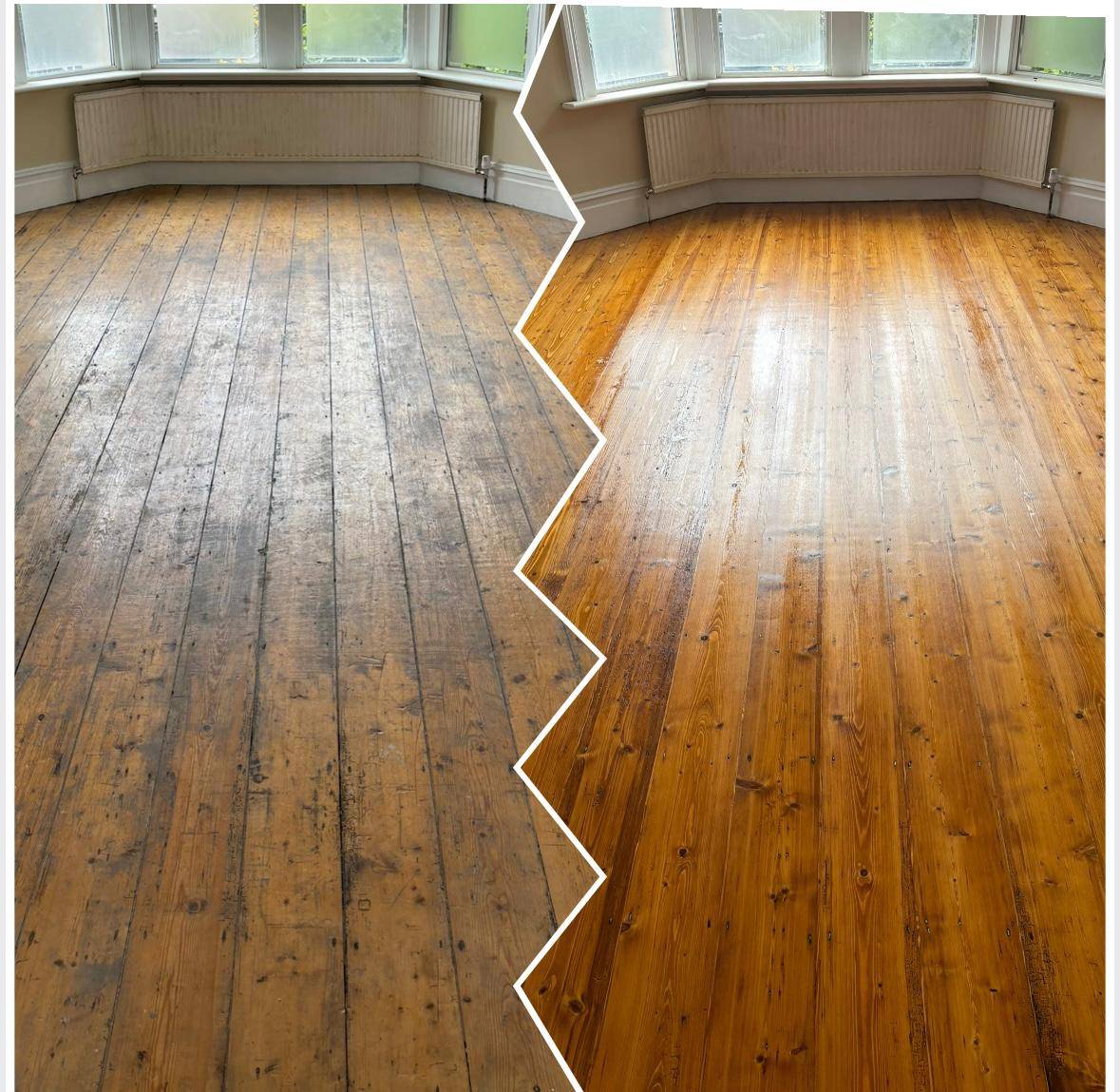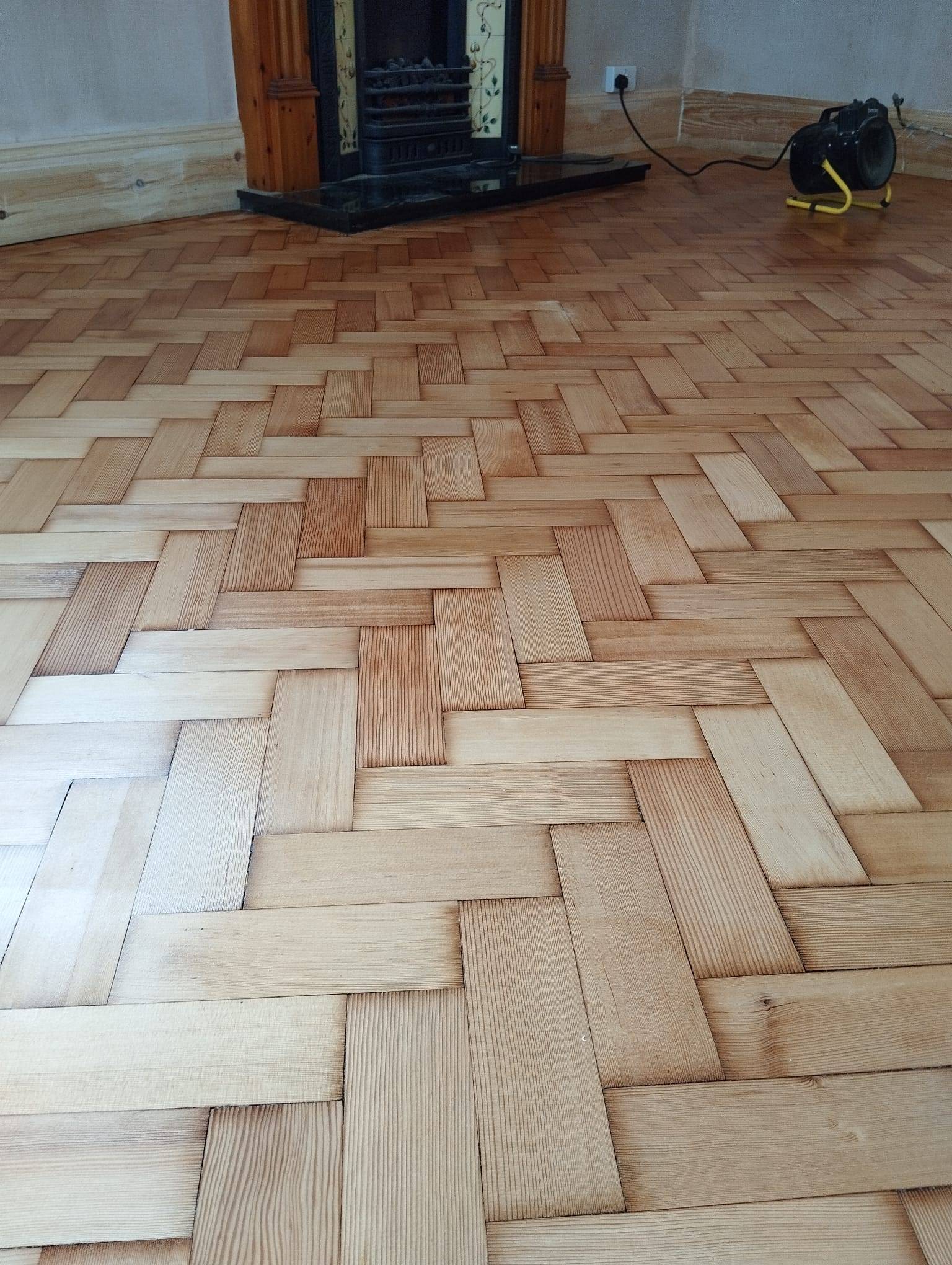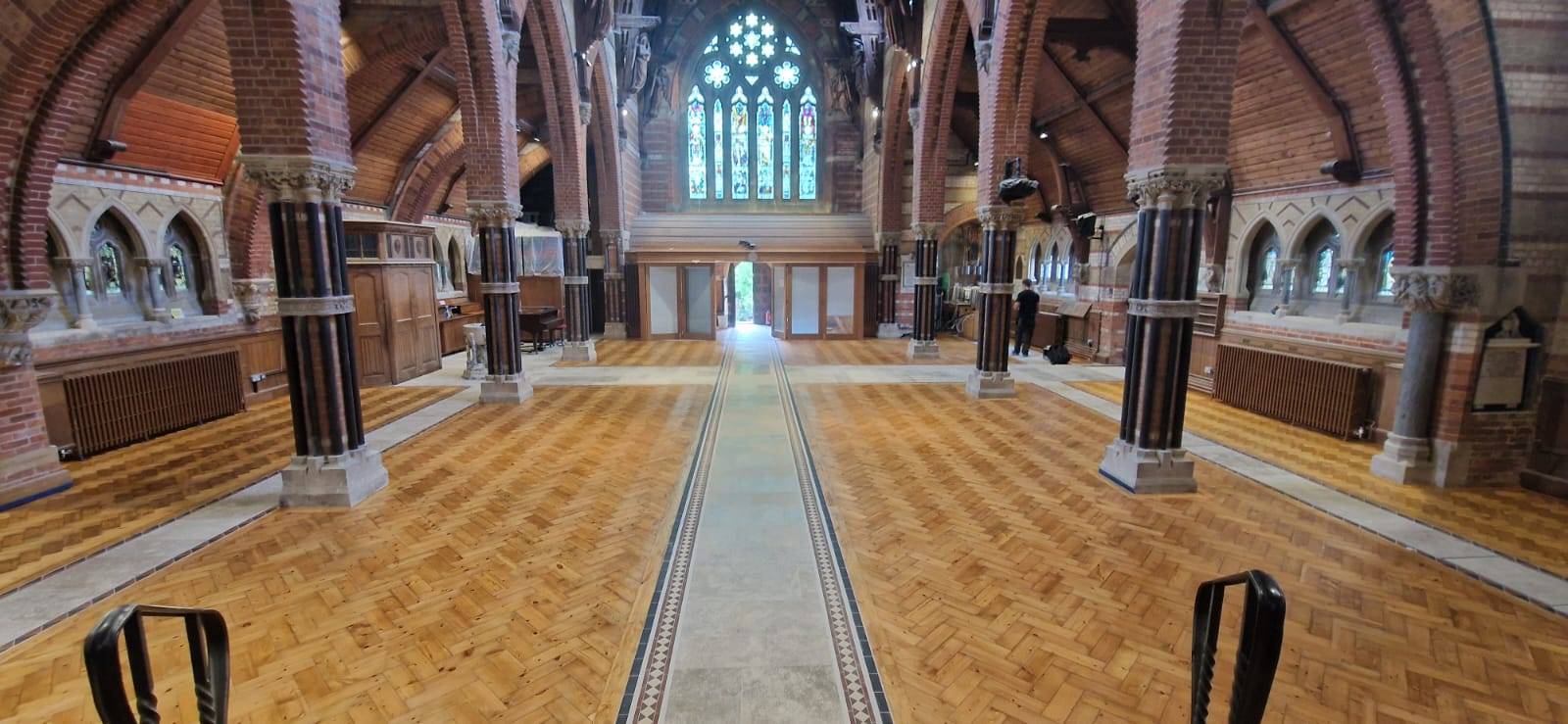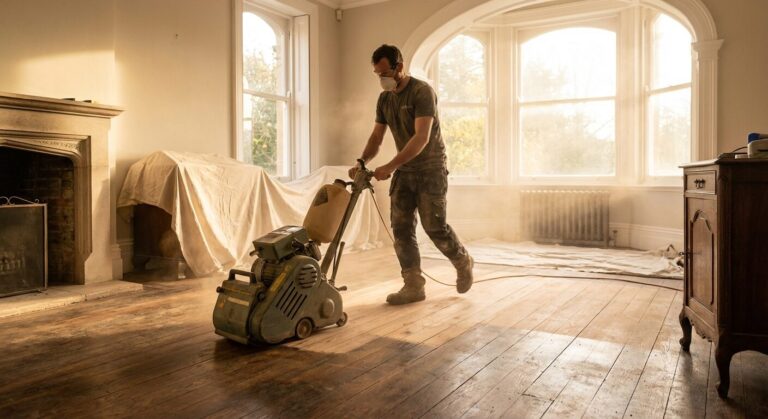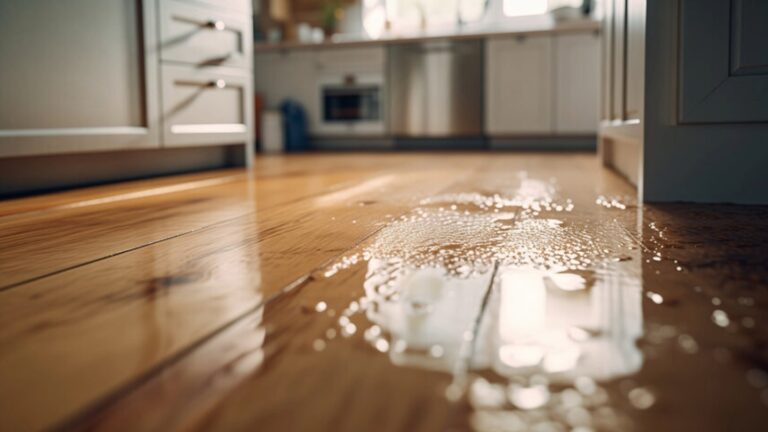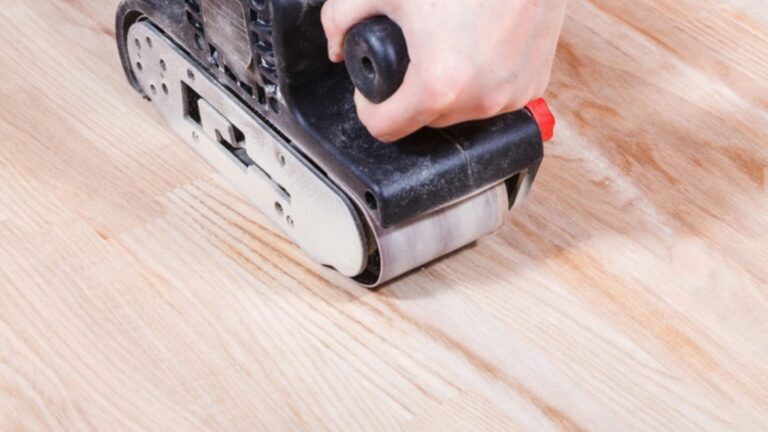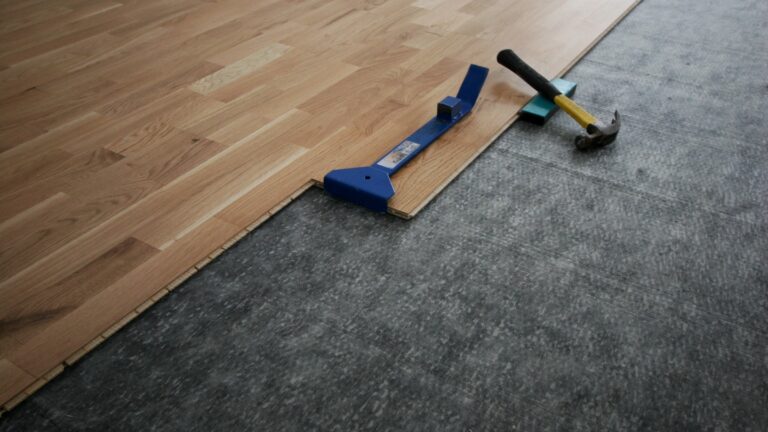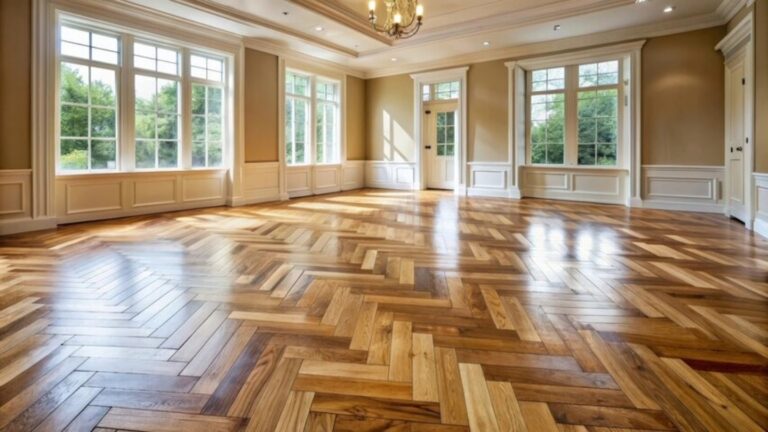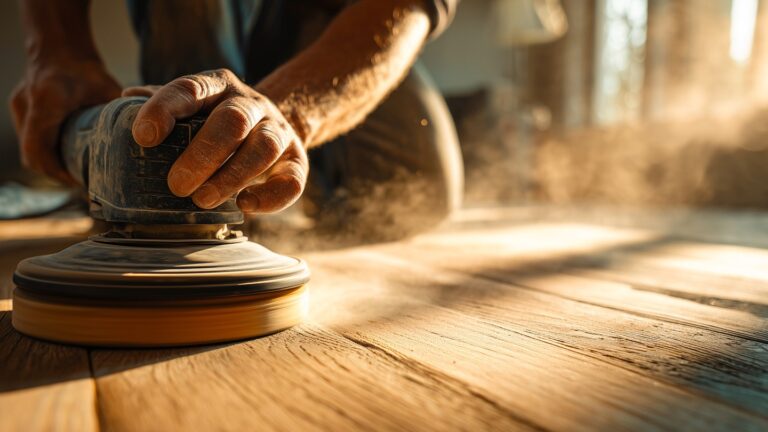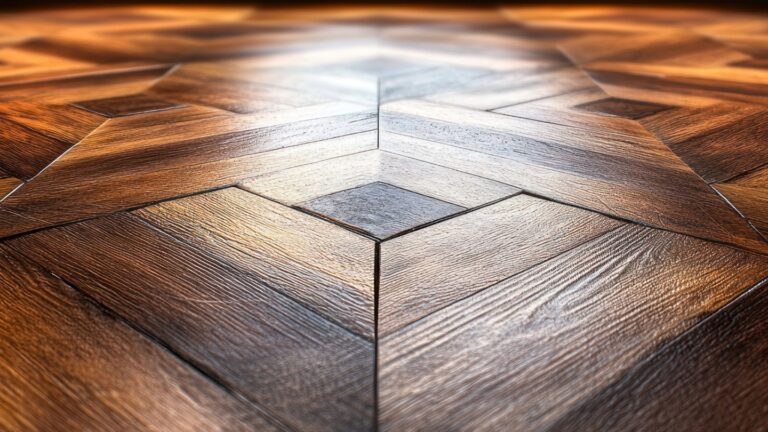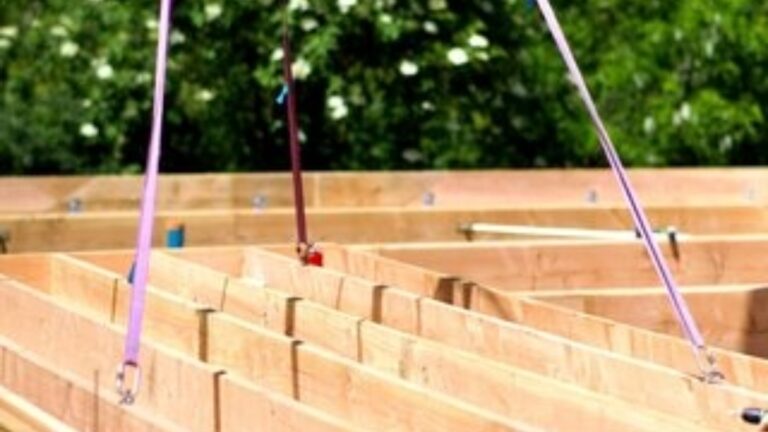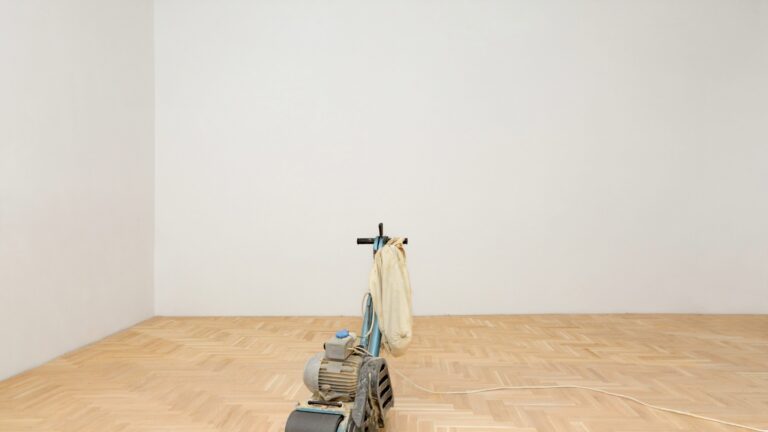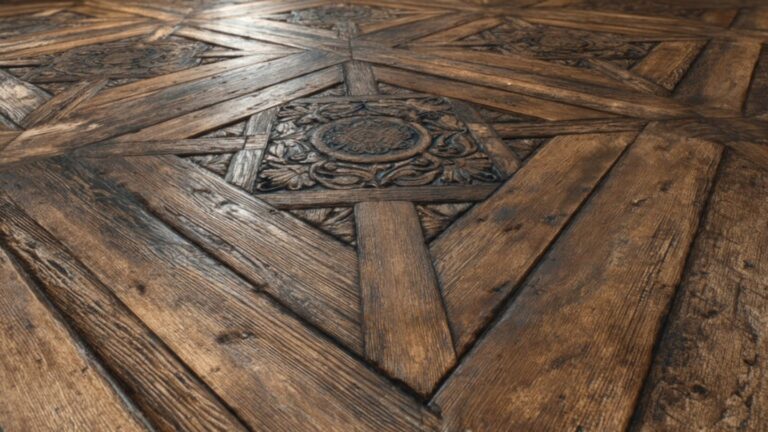Living by the sea in Devon offers breathtaking views and a tranquil lifestyle, but it also presents unique challenges for homeowners, particularly when it comes to maintaining wood floors. The coastal climate, with its pervasive salt air and relentless humidity, can wreak havoc on wooden floors, causing warping, swelling, and decay over time. In this guide, Ryan’s Restoration delves into the specific impacts of Devon’s weather patterns on wood floors and offers actionable solutions to ensure your floors not only withstand these conditions but thrive amidst them. Let’s explore how to protect your home’s essence while embracing the coastal charm.
Understanding the Impact of Salt Air and Humidity on Wood Floors in Devon
Devon’s coastal climate presents unique challenges for maintaining wood floors in homes. The region is characterised by a high annual rainfall averaging 1091 mm, coupled with frequent exposure to salt air. These environmental factors significantly impact the integrity of wood flooring, leading to issues such as warping, swelling, and decay. The salt-laden air can penetrate unsealed wood surfaces, causing moisture absorption that leads to the expansion and contraction of the wood fibres. This continual movement can weaken the floorboards, potentially resulting in structural instability over time.
Humidity levels in coastal areas like Devon further exacerbate the situation by creating a damp environment conducive to wood degradation. High humidity causes the wood to swell, which might lead to gaps or buckling as the flooring expands and contracts with fluctuations in moisture levels. This relentless cycle of moisture absorption and release can compromise the finish and durability of the wood, making regular maintenance and monitoring essential to preserve the flooring’s structural integrity and appearance.
- Warping: Uneven swelling of wood boards due to moisture absorption.
- Swelling: Expansion of wood fibres from excessive humidity.
- Decay: Decomposition of wood material from prolonged damp conditions.
- Structural instability: Weakening of floorboards from continuous expansion and contraction.
Choosing the Best Wood Flooring for Coastal Areas
Selecting the appropriate wood flooring for coastal properties is crucial to ensure longevity and maintain aesthetics in the face of Devon’s challenging climate. Coastal areas demand flooring that can withstand salt air, high humidity, and fluctuating temperatures. Consideration of wood species and types that offer durability and resistance to these conditions is essential for property owners.
Teak and Cedar
Teak and cedar are exceptional choices for hardwood floors in seaside homes due to their inherent properties that protect against moisture and decay. These woods contain natural oils that act as a barrier, reducing the risk of water penetration and subsequent damage. This makes them highly suitable for the damp environment of coastal properties, where moisture can be a persistent threat. Moreover, their resilience to decay ensures that the wood remains structurally sound over time, reducing maintenance efforts and costs.
Mahogany
Mahogany is renowned for its density and stability, making it an excellent option for Devon property flooring. Its dense fibre structure provides resistance to warping and swelling, common issues in humid environments. Additionally, mahogany’s stability ensures that it maintains its shape and integrity despite the constant changes in humidity levels. This characteristic is particularly beneficial for maintaining a seamless and even floor surface, which is crucial in high-traffic areas of a home.
Composite and Engineered Wood
Composite and engineered wood flooring are increasingly popular in coastal areas due to their enhanced resistance to environmental factors. These materials are designed to mimic the appearance of natural wood while offering superior protection against humidity and salt air. Engineered wood, in particular, features a layered construction that minimises the impact of moisture, providing a stable and reliable flooring solution. This makes it a practical choice for homeowners seeking the aesthetic appeal of wood without compromising on durability.
Maintenance Strategies for Coastal Wood Floors
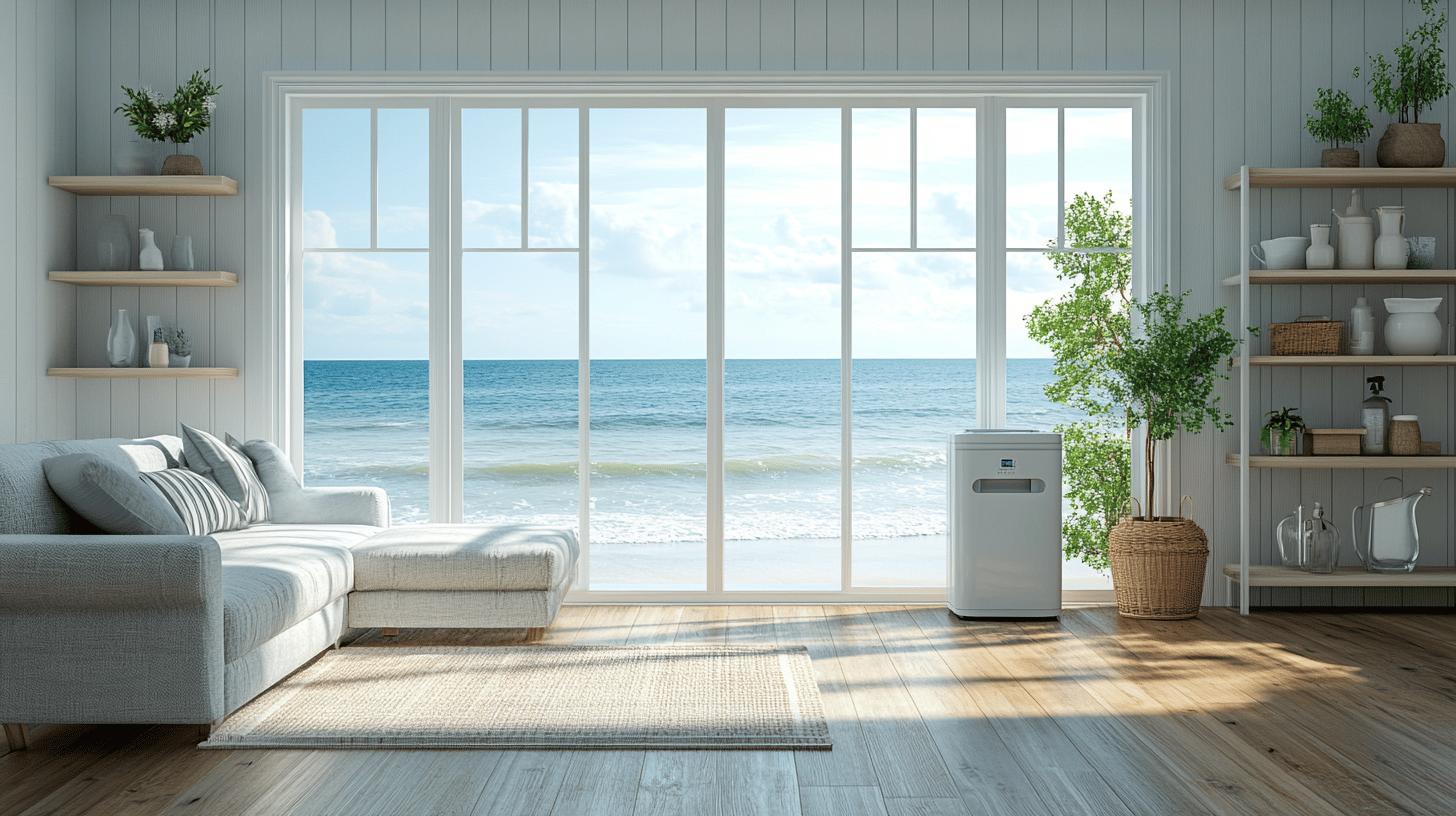
Effective maintenance strategies are essential for preserving the beauty and durability of wood floors in Devon’s coastal properties. A consistent cleaning routine is crucial, starting with the use of mild detergents that gently remove dirt and salt residues without damaging the wood finish. Daily cleaning helps prevent the accumulation of abrasive particles that can scratch and dull the surface. Promptly addressing spills is equally important, as lingering moisture can seep into the wood, causing staining and potential warping.
By incorporating these practices into daily routines, homeowners can safeguard their wood floors against the harsh coastal elements.
Maintaining a stable indoor climate is another key factor in prolonging the life of wood flooring. Coastal humidity levels can cause wood to expand and contract, leading to structural issues over time. Installing dehumidifiers can effectively reduce indoor humidity, while proper ventilation ensures that excess moisture is expelled from the home. Together, these measures help maintain the wood’s natural dimensions and prevent the development of gaps or buckling. By controlling the indoor environment, homeowners can minimise the impact of Devon’s humid climate on their wood floors.
Regular inspections play a vital role in identifying potential issues early and ensuring the continued integrity of wood floors. Scheduling periodic professional inspections allows for the detection of minor problems before they escalate into costly repairs. Professionals can assess the condition of the floor’s finish, identify signs of wear or damage, and recommend appropriate refinishing or repair solutions. This proactive approach not only extends the lifespan of the flooring but also maintains its aesthetic appeal, ensuring that coastal property owners can enjoy their wood floors for years to come.
- Use of mild detergents for cleaning
- Immediate spill cleanup
- Regular dehumidifier usage
- Ensuring proper ventilation
- Scheduling periodic professional inspections
Protecting Wood Floors from Salt and Humidity Damage
Wood floors in coastal properties, especially in Devon, require robust protection against the damaging effects of salt air and humidity. A critical strategy involves the use of marine-grade finishes and sealants, which provide excellent resistance to moisture and salt damage. These products form a protective barrier on the wood surface, significantly reducing the risk of warping, swelling, and decay. Regular application of these treatments is essential, typically recommended every 1 to 3 years, depending on the level of exposure and foot traffic. By maintaining this protective layer, homeowners can effectively extend the lifespan of their wood floors, ensuring they remain structurally sound and visually appealing.
Regular inspections are also vital for safeguarding wood floors in coastal environments. Early detection of potential issues allows for timely repairs or refinishing, preventing minor problems from escalating into more significant concerns. Inspections should focus on identifying signs of wear, such as thinning finishes or small cracks, which could allow moisture ingress. Addressing these issues promptly with appropriate treatments or repairs helps preserve the floor’s integrity and aesthetic. In combination with marine-grade treatments, regular inspections are a proactive approach to maintaining the quality and durability of wood flooring in Devon’s challenging climate.
Marine-Grade Finishes and Sealants
Marine-grade finishes and sealants are specially formulated to withstand harsh coastal conditions. These products contain additives that enhance water resistance and provide UV protection, which is crucial for areas exposed to direct sunlight. Applying these finishes requires careful preparation of the wood surface, ensuring it is clean and dry before application. Multiple coats may be necessary to achieve optimal protection, with drying times varying based on the product used. Following the manufacturer’s guidelines for application and reapplication ensures that the protective properties are maintained, safeguarding the wood against the relentless effects of salt air and humidity.
Case Studies of Devon Homes with Wood Floors
In a recent project managed by flooring experts in Devon, a coastal home was transformed by installing composite wood flooring. The homeowners faced challenges with traditional wood due to persistent dampness and warping caused by Devon’s humid climate. The composite wood used offered enhanced resistance to moisture and temperature fluctuations, mitigating the common issues of warping and decay. Post-installation, the home’s flooring maintained its structural integrity and aesthetic appeal, even after a particularly wet season, demonstrating the effectiveness of composite wood in Devon coastal homes.
Another case study involved a historic property near the Devon coastline, where engineered wood flooring was chosen for its ability to withstand environmental stressors while preserving the home’s traditional charm. Engineered wood, with its layered construction, provided a stable surface that resisted the expansion and contraction typical in high-humidity areas. The flooring experts implemented a detailed maintenance routine, including the use of dehumidifiers and periodic inspections, which further extended the floor’s lifespan. As a result, the property maintained its historical elegance without compromising on durability, showcasing the advantages of engineered wood in preserving both the floor’s functionality and aesthetic.
Final Words
Navigating the challenges of salt air and humidity in Devon’s coastal properties is critical for preserving wood floors. Using durable materials like teak, cedar, and mahogany, alongside engineered options, enhances resistance against harsh conditions. Effective maintenance, including cleaning, dehumidifying, and inspections, is essential. Secure protection with marine-grade sealants ensures durability. Real-world examples spotlight successful strategies in maintaining wood flooring integrity. Achieving a resilient finish and protection helps Devon homeowners preserve the charm and value of their coastal properties.
Protect your coastal wood floors – Schedule a consultation with Ryan’s Restoration experts today!
FAQ
Q: What are the effects of salt air and humidity on wood floors in Devon?
The combination of salt air and humidity in Devon leads to warping, swelling, and decay of wood floors. These environmental factors can compromise both the appearance and structural integrity of the flooring.
Q: How does the Devon climate impact wood flooring?
The Devon climate, characterised by high humidity and substantial rainfall, results in increased moisture exposure. This can cause physical alterations in wood, such as warping and swelling, along with potential structural issues over time.
Q: What are the best wood flooring options for coastal properties?
For coastal properties, durable woods like teak, cedar, and mahogany, or composite and engineered wood, are advised. These materials withstand harsh conditions, providing long-lasting and aesthetically pleasing options.
Q: Why are teak and cedar suitable for coastal flooring?
Teak and cedar offer natural oils that resist moisture and decay, making them excellent choices for coastal flooring. These properties help preserve the wood’s integrity and appearance in harsh conditions.
Q: What benefits do mahogany floors offer for seaside homes?
Mahogany provides density and stability, qualities that are beneficial in various conditions. Its resilience to warping and swelling makes it ideal for maintaining a stable floor environment in coastal areas.
Q: How do composite and engineered wood fare in coastal climates?
Composite and engineered wood mimic natural aesthetics while offering superior humidity resistance. Their design lends itself to better endurance against environmental wear and tear than natural woods.
Q: What are effective maintenance strategies for wood floors in coastal areas?
To maintain coastal wood floors, regular cleaning with mild detergents, swift spill management, dehumidifier use, adequate ventilation, and periodic professional inspections are essential to mitigate long-term damage.
Q: How can wood floors be protected from salt and humidity damage?
Using marine-grade finishes and sealants is effective in safeguarding wood floors from salt and moisture damage. These treatments extend durability and require re-application at regular intervals for optimal protection.
Q: What type of sealants and finishes are recommended for coastal environments?
Marine-grade finishes and sealants offer excellent protection properties. They shield wood floors against moisture and salt and should be applied periodically to maintain their effectiveness.
